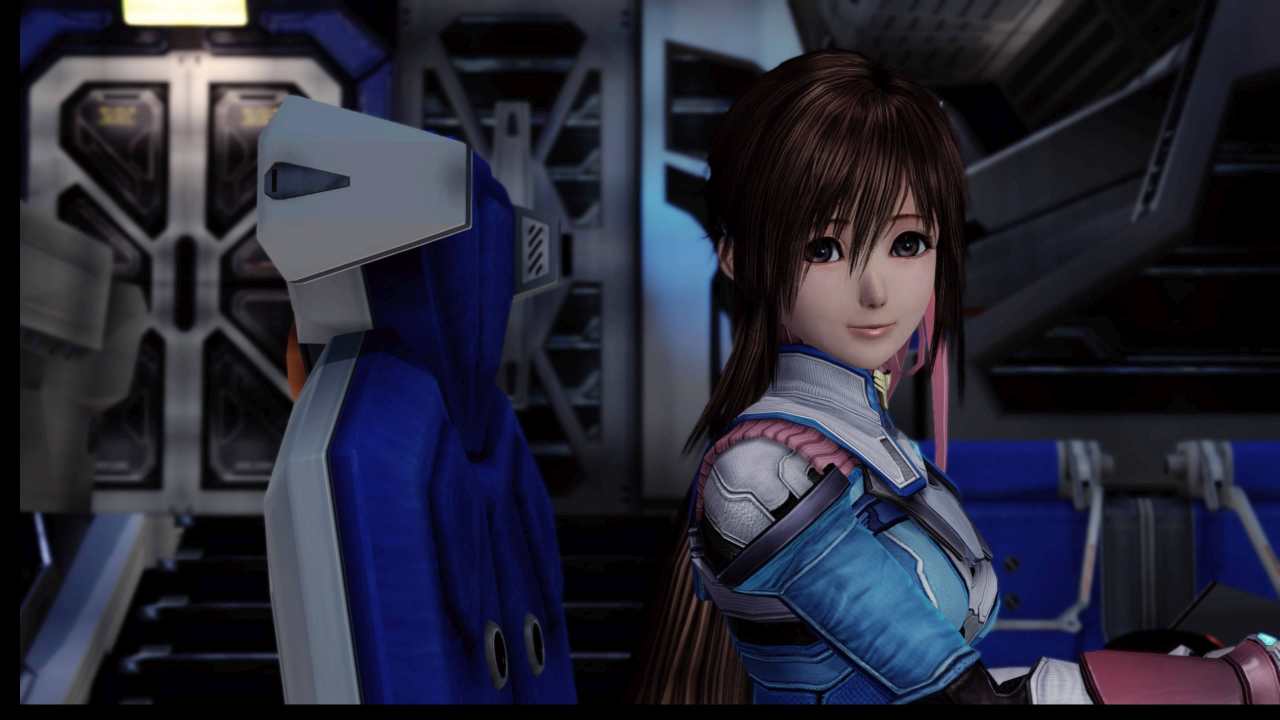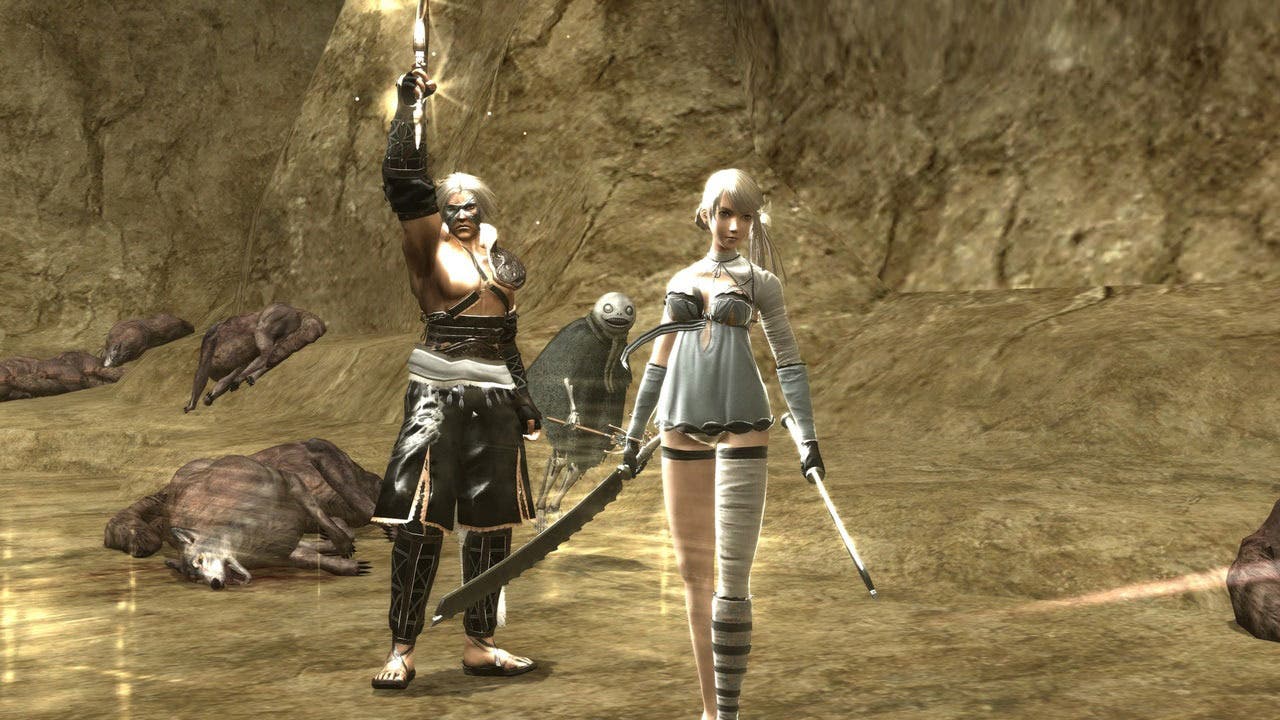Jubenhimer
Member
Sega is one of the most recognizable brands in the video game industry. Aside from their flagship property Sonic the Hedgehog, the company was known among game fans for its innovative and excellent arcade titles. Today, Sega remains a rather solid third party publisher, but long ago, the company was once one of the major platform holders in the console space, right alongside Nintendo and Sony.
The Genesis (Mega Drive outside the US) is their most famous and successful console. A 16-bit powerhouse that finally gave Nintendo some actual competition in the console market. But things went downhill with the release of gimmicky add-ons like the Sega CD and 32x, and the botched handling of the genesis successor, the Sega Saturn, a console that for most of its life, may as well not have even existed in the public eye. Sega tried its hand at the console space one last time with the Dreamcast, a cult favorite for its innovative technology and games, it wasn't enough to save the company from financial ruin. Sega discontinued the Dreamcast in March of 2001, and reclassified itself as a third party publisher, releasing games for all consoles, a status they still retain today.
But what if it played out differently? Let's say the Dreamcast was successful enough to quickly turn a profit for Sega, allowing the company to continue making game consoles alongside Nintendo, Sony, and newcomer Microsoft. How would Sega survive among the big 3, and what direction would they have taken? Honestly, even if the Dreamcast ended up profitable enough for Sega to keep making consoles, I don't think it would've dominated the market. The PlayStation 2 was too much of a beast, and Microsoft was quietly rewriting the book on console design with the original Xbox, At best, I think it could've been a solid first-party centric niche platform like the GameCube.
If Sega were to continue making consoles after the Dreamcast, they would've had one of two options.
A) Go all in on competing with Sony and Microsoft in the HD arms race, a move that would've costed millions and could potentially doom them.
B) Go the Nintendo route, and skip the hardware wars altogether, focusing instead on innovative technology, and older, flexible hardware, which would risk alienating long-time Sega fans who were hoping for a more powerful system.
Both options had their pros and cons, but ultimately, it was probably for the best that Sega abandoned platform development. The console space is highly competitive and risky, and I don't Sega would've had the resources and funding needed to continue making game platforms.
The Genesis (Mega Drive outside the US) is their most famous and successful console. A 16-bit powerhouse that finally gave Nintendo some actual competition in the console market. But things went downhill with the release of gimmicky add-ons like the Sega CD and 32x, and the botched handling of the genesis successor, the Sega Saturn, a console that for most of its life, may as well not have even existed in the public eye. Sega tried its hand at the console space one last time with the Dreamcast, a cult favorite for its innovative technology and games, it wasn't enough to save the company from financial ruin. Sega discontinued the Dreamcast in March of 2001, and reclassified itself as a third party publisher, releasing games for all consoles, a status they still retain today.
But what if it played out differently? Let's say the Dreamcast was successful enough to quickly turn a profit for Sega, allowing the company to continue making game consoles alongside Nintendo, Sony, and newcomer Microsoft. How would Sega survive among the big 3, and what direction would they have taken? Honestly, even if the Dreamcast ended up profitable enough for Sega to keep making consoles, I don't think it would've dominated the market. The PlayStation 2 was too much of a beast, and Microsoft was quietly rewriting the book on console design with the original Xbox, At best, I think it could've been a solid first-party centric niche platform like the GameCube.
If Sega were to continue making consoles after the Dreamcast, they would've had one of two options.
A) Go all in on competing with Sony and Microsoft in the HD arms race, a move that would've costed millions and could potentially doom them.
B) Go the Nintendo route, and skip the hardware wars altogether, focusing instead on innovative technology, and older, flexible hardware, which would risk alienating long-time Sega fans who were hoping for a more powerful system.
Both options had their pros and cons, but ultimately, it was probably for the best that Sega abandoned platform development. The console space is highly competitive and risky, and I don't Sega would've had the resources and funding needed to continue making game platforms.
Last edited:







